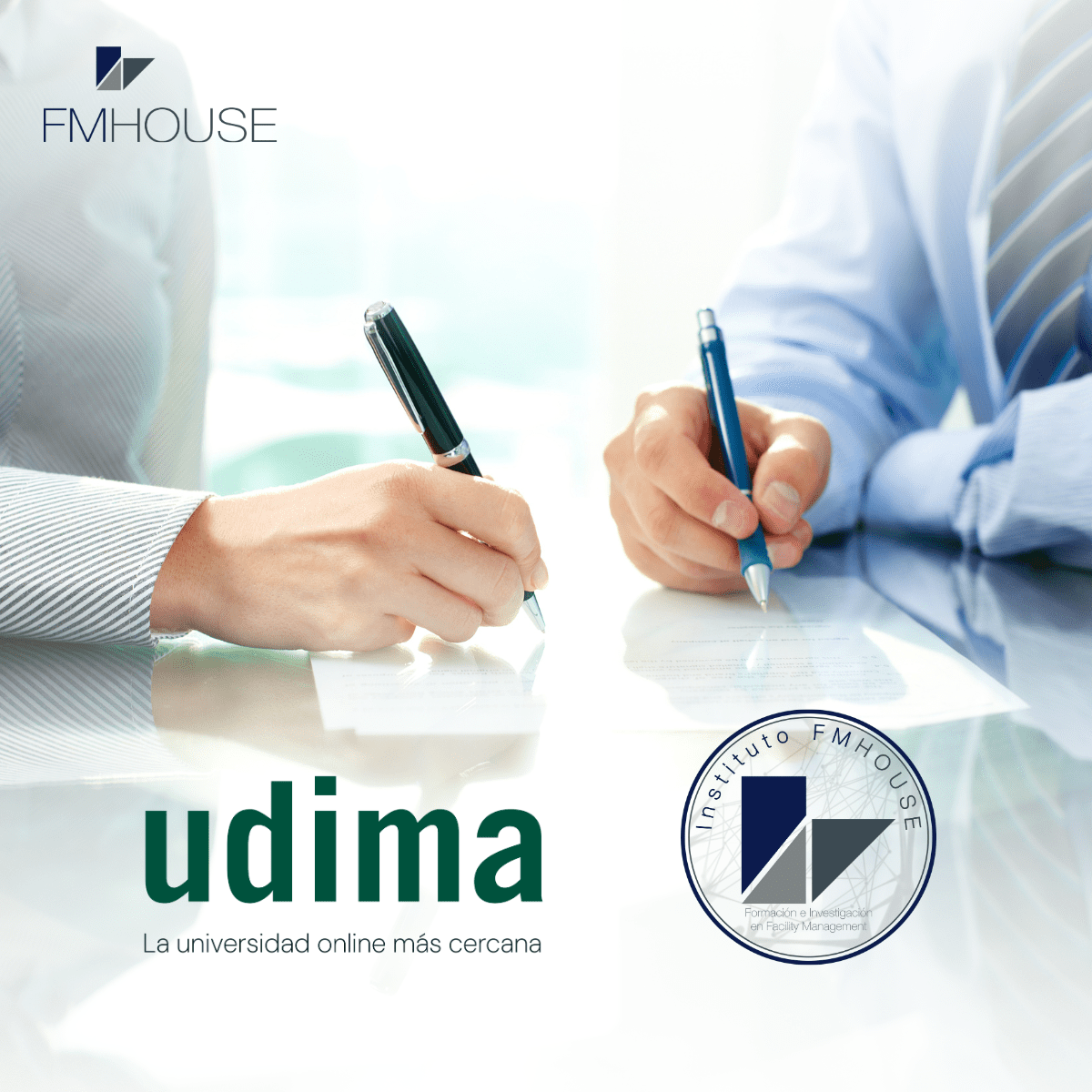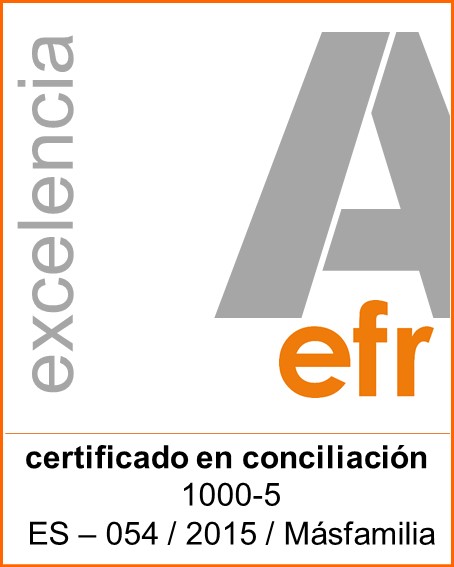A few days ago, one of the innovation workshops was held during the international congress CIFMERS 2022 in Madrid. Entitled “The FM ecosystem”, the assessment was made as to whether there is a relationship, or if there should be a relationship, between the main parties involved in the development of Facility Management. The definition of ecosystem varies depending on who is asked or the environment to which it refers. Nonetheless, it is always understood as a closed system, within which the members must cooperate with each other to maintain overall stability and, ideally, optimise collective benefits. The analogy with nature illustrates very effectively the need for such an equilibrium and the consequences of failing to strike this balance.
The three pillars of the discipline, business, education and research, were used to carry out the analysis. These three areas also distinguish the members of its extensive international network, EuroFM, the main partner at this event. In this manner, the relationship and influences between the parties were discussed, identifying what is done and above all how the work is executed. At some point during the workshop, the idea came up of comparing the methods used in other disciplines such as medicine or architecture, which, despite being precursory, may prove to be illustrative.
The first conclusion drawn was that although there is a connection between the three areas, this link is yet to be consolidated. The business, i.e. the end customers, must not only inform educational institutions of the knowledge required in the departments, but also recommend researchers areas of study. Universities should listen to the business’s requests and encourage or enable some of their students to continue researching, which in turn should foster this relationship and improve communication with the business in order to understand its requirements.
Specific examples were cited in countries with high levels of maturity, where two of the three pillars are related, but without a larger scale objective. Universities which have collaboration programmes with companies, degree courses that include compulsory market research subjects, or research centres holding agreements with companies to apply or test the developments or results of their research. Speaking of parallels with other disciplines, it was mentioned how at a university hospital, students do internships with real patients, and resident doctors use the latest techniques and treatments. Something similar could be implemented in the Facility Management environment, although considering the rate at which, for example, technology is changing, there would be no time to adapt training programmes to the reality of the market.
We can assert that Facility Management is an ecosystem, given the interdependencies of the different areas. We can also conclude that there is a need to improve the relationship between them, in order to strengthen their individual competencies and generate greater recognition of the ensemble. The industry should be more closely linked to the academic environment, which, similarly, should be aligned with the strategies of the research departments. Likewise, the latter should be aware of market needs and direct their efforts towards common interests accordingly.









